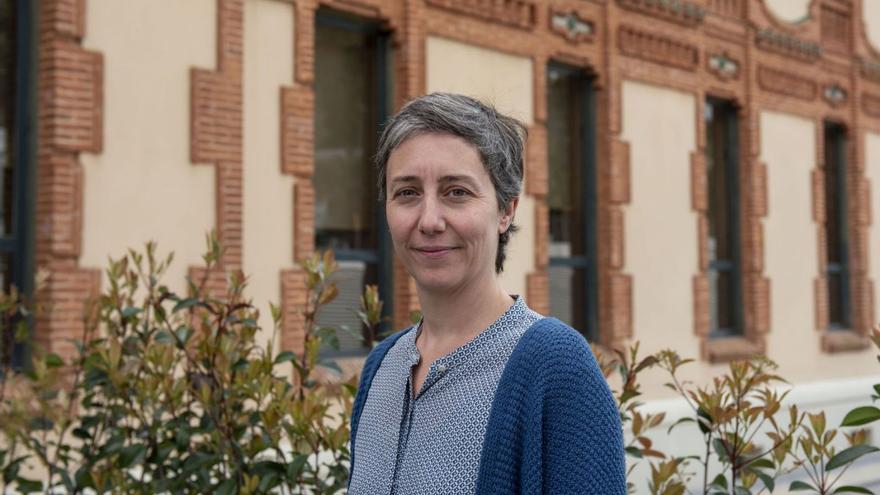In 2008, an interest in advanced genetics led Marta Vila to a career dedicated to the study of migraines. Since then, the Catalan biologist has spent more than 15 years researching this disease, which affects 12% of the population in Spain, according to the Spanish Society of Neurology (SEN). Over the next few years, Villa will be able to continue advancing his scientific career thanks to the Junior Leader Postdoctoral Fellowship, awarded by the La Caixa Foundation. An aid package that will enable 105 researchers to develop their projects in Spain and Portugal.
We associate migraines with headaches, but in what other ways does this disease affect patients who suffer from it?
Headaches are just one of the symptoms that migraines produce. As for the symptoms, we find fatigue, irritability, loss of visual field, nausea, and even vomiting. Migraines have an immeasurable impact on people's lives. During a migraine attack, the person suffering from it cannot go to work or take care of their family. The problem is that no biomarker has yet been developed that can determine when a person is experiencing a migraine. This leads to seeing the disease as a simple headache that occurs with taking ibuprofen.
Do you think that underestimating the disease has delayed research dedicated to finding a cure for it?
Yes. Migraine is not considered a serious disease because it does not kill and because most people who suffer from it are women. – Lack of economic, social and political support.
Since you've been doing your research, have any major advances been made in treating migraines?
In these 15 years, there has been a very important advance for which the Brain Prize was awarded in 2020. It is research conducted by four professors who have devoted their entire careers to developing a drug capable of reversing the timing of migraines. It's a 30-year-long search and we're now seeing the fruits of it.
Is there a way to detect a migraine attack before symptoms appear?
This is what we are working on. In fact, one of the most common symptoms is anxiety caused by the uncertainty of not knowing when the next crisis will be. Maybe you have something important and you don't know whether you will be able to implement it or not. It is a disease that has other mental health consequences, such as depression.
What is the aim of your current research?
Over the past few years, microglial cells have been found to play a key role in the initiation and chronicity of diseases such as migraine. The goal of our research is to discover whether disrupting these cells can reverse the disease or stop it becoming chronic.
Low investment in R&D is one of the country's pending tasks. How do you rate the scholarships offered by Fundació la Caixa?
No other Spanish entity provides such assistance. It is very important because it provides you with the salary and investment necessary to be able to carry out your research project. Thanks to these grants, researchers like me can take our research to Spain. Most of us have had to leave, and without scholarships like this, most talent will continue to stay abroad.

“Infuriatingly humble social media buff. Twitter advocate. Writer. Internet nerd.”



